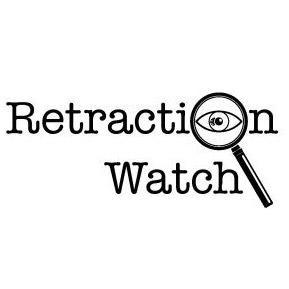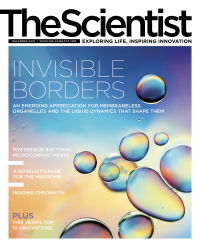
We’re thrilled to announce a collaboration with Zotero, the free and open-source research platform, that will allow its users to be alerted to retractions of any papers in their personal libraries.
As Retraction Watch readers know, making that kind of functionality possible has been our goal since we announced plans to create a comprehensive database of retractions. Once that database officially launched last October, in conjunction with an analysis of its contents by reporters at Science, we began discussions in earnest with potential partners who could make that happen.
We’re pleased that the first such collaboration is with Zotero, “a free, easy-to-use tool to help you collect, organize, cite, and share research” that “is open source and developed by an independent, nonprofit organization that has no financial interest in your private information.” Here’s a posting from lead Zotero developer Dan Stillman:
Continue reading Want to check for retractions in your personal library — and get alerts — for free? Now you can Dear Retraction Watch readers:
Dear Retraction Watch readers:


